In a patriarchal society, the discourse of ageing (or anti-ageing) takes an especially sinister turn when it comes to women. The conversation around ageing for women provided in the shape of a fair skinned woman smiling through her teeth recommending the anti-ageing cream on television has rather dark undertones. Why are we purposefully instilling and perpetuating a fear that older women are less relevant?
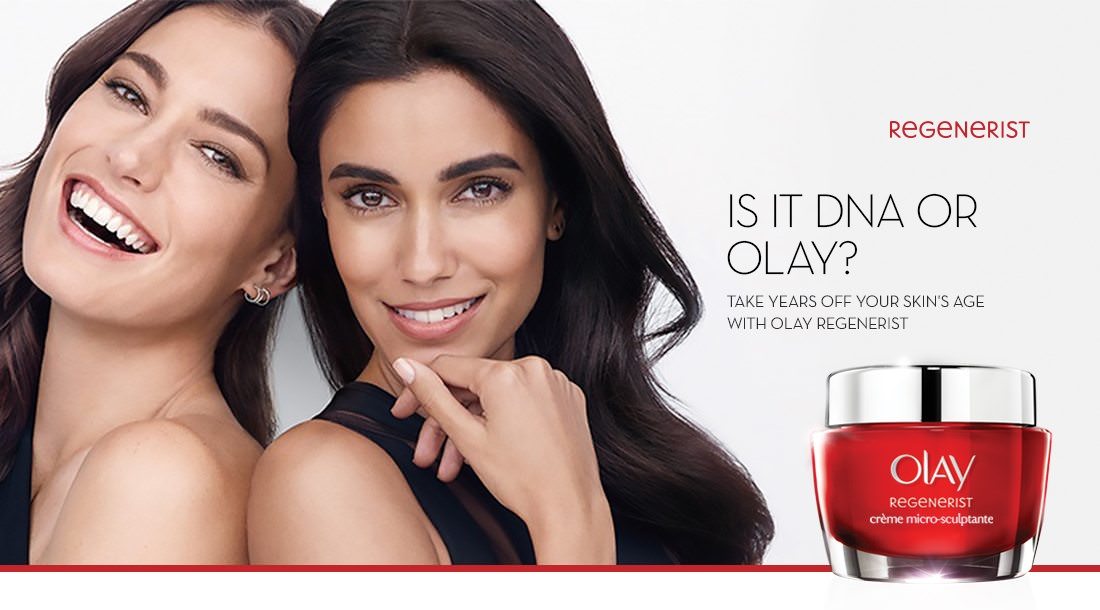
Olay Advertisement. Credit: Youtube
All the anti-ageing cream ads essentially imply that you would be excluded from the mainstream conversation if you, as a woman, are not young, or at least not trying to be. Of course, men are not extended the same courtesy. They are not told to worry about the ageing lines on their face that can appear when they are as young as 29 and told they have to start using the cream so that they can look 19.
The exclusion of older women from cultural relevance is systemic. Bollywood is no exception.
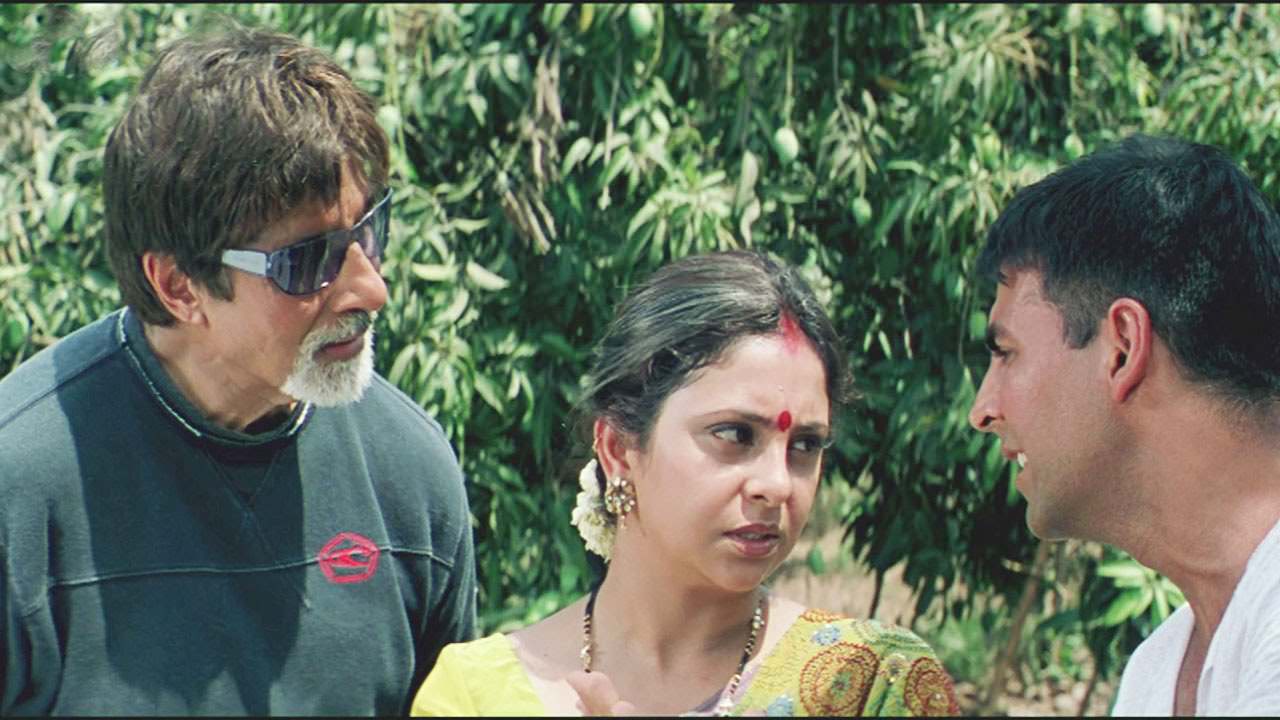
Shefali Shah(45) plays mother to Akshay Kumar(50) in Waqt. Credit: Youtube
I am tempted to talk about the three Khans and Akshay Kumar and the absurd normalization of double standards when it comes to romance in Bollywood. We already know this, we know how 50-year-old men can get away with romancing actresses as young as their children, and we know 42-year-old actresses play mother to 47-year-old actors(Read Shefali Shah and Akshay Kumar).
But what I intend to do with this article is explore the nuances of the shelf-life of Bollywood actresses and Bollywood’s absurd treatment of women. Because Bollywood has double standards when it comes to ageing, and we are all complicit.
Bollywood’s ageing problem is only symptomatic of the larger problem: we initiate women into a society that teaches them their worth comes from conforming to specific standards of beauty. Everything in our society essentially functions to gratify the straight male experience. However, as art imitates life, at least we can identify the obnoxiousness of the rhetoric around ageing when it comes to women.
9 years ago, in an otherwise irrelevant and homophobic chat show called Sajid’s Superstars, Katrina Kaif asked Deepika Padukone what did she plan to do after she was 34 as she wouldn’t be as young anymore – and therefore not relevant to Bollywood. Deepika was positively uncomfortable with the question, not because it was necessarily offensive, but because given Bollywood’s past record, it was a valid question. She answered with how she was positive things would change, unsure while answering the question.
Of course things have looked up since then, and currently, we have several actresses in Bollywood beyond 30 years of age. Priyanka Chopra is 35 years old, Deepika Padukone is 31 years old, Kangana Ranaut is 30 years old and Katrina Kaif is 34 years old.
But men who play romantic leads and are dominating the box office are in their 50s. Actresses who are currently in their 40s and 50s are playing mothers to actors younger than them or star in generally older roles than actors in their age group. Tabu(46) and Shefali Shah(45), have played mothers to actors even when there was no staunch difference between their ages.
Also Read: Actresses Aren’t Unintelligent By Virtue Of Being Women Or Their Work
Older actors are allowed to pass off as younger on-screen, the same courtesy is not extended to women. People are overly-critical and harsh of women’s bodies. The reaction to not conforming to conventional standards of beauty is anything but kind – the fat shaming Vidya Balan has had to endure over the years, and people’s reaction to Aishwarya’s post-pregnancy weight gain.
Ever seen the recurrent joke directed towards women in movies, where they are told they look old and they inadvertently panic at the mere possibility? That is not funny, it’s in fact quite disturbing.
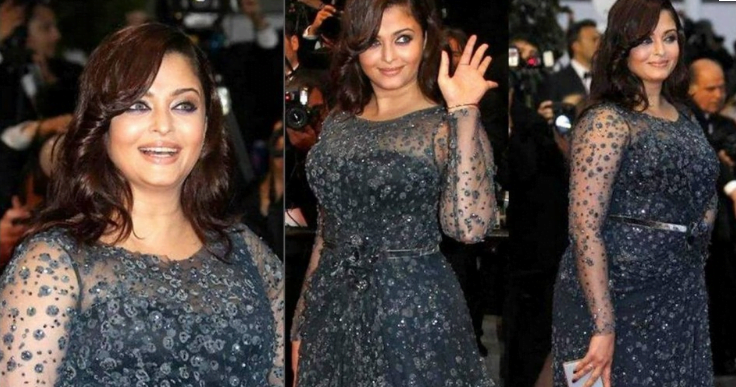
Aishwarya Rai was fat shamed because of her post-pregnancy weight gain. Credit: Hindustan Times
Karan Johar repeatedly points out how Ranbir Kapoor romancing an older woman in Ae Dil Hai Mushkil is revolutionary and it’s amazing how accepting people are. It is not. The woman Ranbir Kapoor is romancing is Aishwarya Rai, and Aishwarya Rai looks like Aishwarya Rai.
People tend to forget how unkind everyone was towards Aishwarya Rai when she was going through body changes post-pregnancy. Woman will only be basically allowed to romance younger men on screen if they do not show visible signs of ageing, whereas men very easily get away with it.
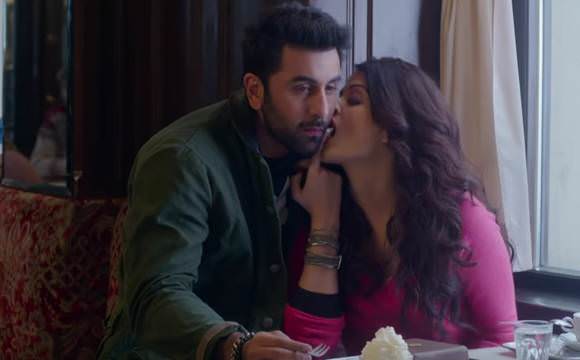
Ranbir Kapoor and Aishwarya Rai Bachchan in Ae Dil Hai Mushkil. Credit: Youtube
Actresses’ bodies are targeted more than their male counterparts. Deepika Padukone was shamed a while ago for uploading a picture in which she looks skinnier than usual. They threw around words like ‘anorexic’. Anorexia is a serious condition and one that shouldn’t be thrown around crassly like it means next to nothing because it has some serious implications. But people do not care about nomenclature, the purpose was to shame her.
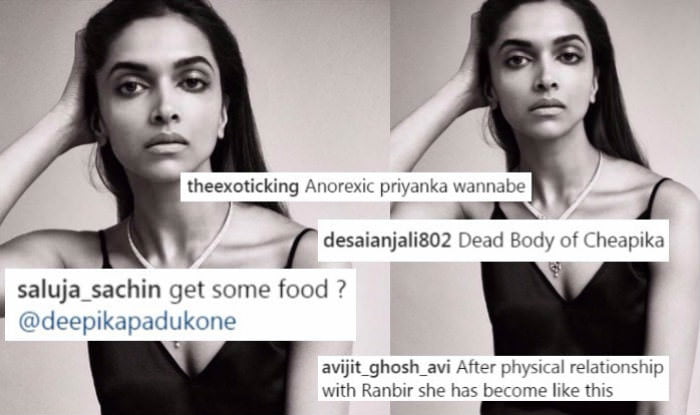
Credit: India.com
Women in the entertainment industry are body-shamed ALL. THE. TIME.
The point of these examples is to establish that people, in general, have a weird relationship with women’s bodies. When women tend to deviate from unrealistic expectations of beauty they are punished by the assertion of the entitlement everyone feels towards their bodies, and are given disapproval figuratively.
The running argument and a problematic one at that is that men’s roles are substantial and women’s roles are generally not. Since the purpose of the woman is to be conventionally good looking and be there for the male protagonist while looking pretty, it makes sense that the career span is only till their bodies allow them to be conventionally good looking as per mainstream standards. This does not take away from my argument – and in fact, only emphasizes the urgency of it.
Ageing is a natural process, and I have been essentially forced to state this because largely the discourse around ageing is, well, about anti-ageing (especially for women). We need to give women the space to be actual human beings who are allowed to age. Why does that sound so radical and not banal?
In conclusion, all I would like to say is actresses’ appearance and work doesn’t need to be solely for the purpose of the gratification of the male experience. We need more women’s stories, and stories by women. And we need nuanced representation of women on screen celebrating female experiences to tackle the issue of ageism.
Also Read: “Dear Bollywood Actors…” – A Rebuttal To Outlook’s Article
Featured Image Credit: Ankush Arora
About the author(s)
Holden Caulfield thinks you are a phony.
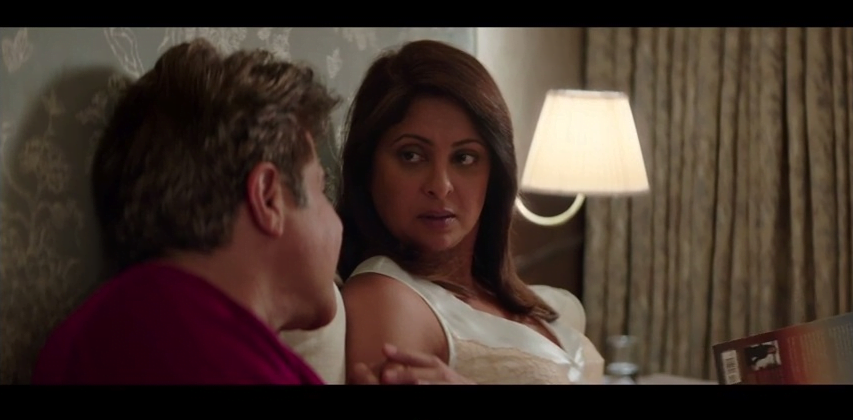



What I feel is that Bollywood, despite all the misogyny and double standards, is relatively better than most of the other industries in India.
In South 29 actresses are playing mother to teenagers while 55-60 year old actors are paired next to actresses half their age.
Recently, an actress named Reshma Rajan said in an interview that she wants to be paired next to Dulquer Salman (son of Mammootty) and have Mammootty play her father. Mammootty fans trolled her mercilleslly for hours and she had to come to Facebook live in tears. She is in her late 20s but 60 year old actors can be young just as much. A lot of fans will argue that age knows no bars, age is not a criteria etc but same people will call a 30 year old woman “grandmother”.
Bollywood at least has actresses in their 30s…
As far as I am concerned actresses will have a relatively better career until they reach 35. The sexist context will be clear once the above mentioned actresses cross 35.
“I really like your writing style, good info, thanks for posting. “Let every man mind his own business.”